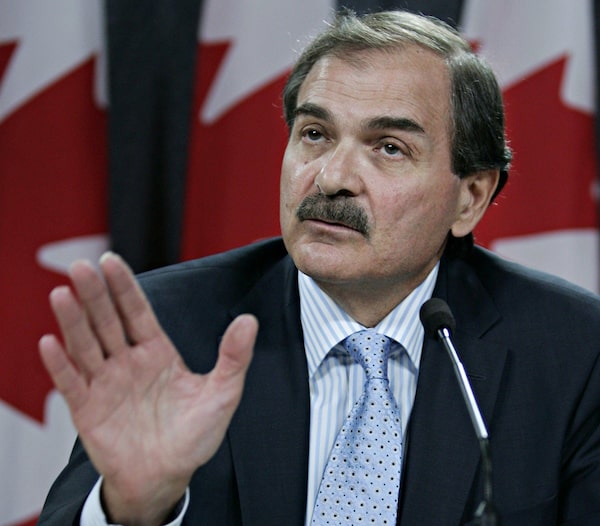
Paul Cavalluzzo, pictured on Sept. 14, 2005, who was lead counsel for the inquiry into the case of Maher Arar, has been brought on as a senior policy adviser in the federal commission of inquiry on foreign interference.FRED CHARTRAND/The Canadian Press
A federal commission of inquiry into foreign interference is turning to veterans of previous inquiries as it hires staff who will work on a tight timeline.
Marie-Josee Hogue, who heads the commission, has chosen Shantona Chaudhury to be lead counsel of the inquiry.
Ms. Chaudhury was recently co-lead counsel of the Public Order Emergency Commission, which examined the government response to the so-called “Freedom Convoy” protests that severely disrupted downtown Ottawa and key border crossings early last year.
“I am very pleased that Shantona has accepted to build and lead a team of highly skilled professionals with relevant experience, including on national security issues and in national inquiries,” Ms. Hogue said in a statement Friday.
“This expertise will be critical in accomplishing the commission’s mandate and in meeting its compressed deadlines.”
Several lawyers hired to be counsel for the interference inquiry also worked on the public order commission, or other inquiries.
In addition, Paul Cavalluzzo, who was lead counsel for the inquiry into the case of Maher Arar, will be a senior policy adviser.
The Arar inquiry concluded in 2006 that faulty information the RCMP passed to the United States very likely led to the Syrian-born Canadian’s imprisonment in a grim cell in Damascus.
The foreign interference inquiry has issued a call for applications for standing from individuals and groups interested in taking part.
The commission has published information on its newly launched website – foreigninterferencecommission.ca – about rules on standing and funding, with applications from interested parties due Nov. 22.
Ms. Hogue said those who seek standing must demonstrate a direct and substantial interest in the subject matter of the inquiry in their applications.
As part of its first phase, the commission plans to hold public hearings at the end of January about alleged foreign interference in the 2019 and 2021 federal elections. An interim report is due by Feb. 29.
A second phase will look at the ability to detect, prevent and counter interference, with public hearings in September and a final report containing conclusions and recommendations by Dec. 31, 2024.
“The commission intends to set tight but fair deadlines, and to require all participants to meet them,” Ms. Hogue said. “I am confident that everyone involved will work assiduously and co-operate in good faith.”